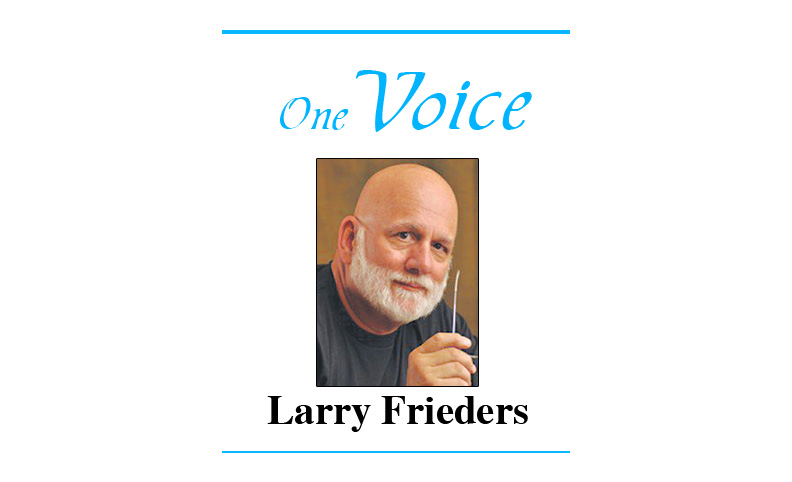
Thomas E. Levy, MD, JD, a board-certified cardiologist, recently stated that whether any therapy is embraced depends almost entirely on how much money can be generated from it. He strongly hints that this is the case with hydroxychloroquine for COVID-19. New drugs always generate more money than old, proven, safe ones.
Instead of working feverishly to find a new drug for COVID-19, why not test the older products, particularly when enrolling very sick patients in new trials is highly unethical in comparison to older therapies which are already known to work? Considering the first paragraph above, an answer is almost intuitively obvious, not to mention, unethical in itself. Money should not be the motivator for healing, but sadly it is.
Thoughts about tried-and-true therapies given by mouth or injection apply to inhalation techniques that move the therapeutic agents through the nose, the sinuses, and deeply into the lungs.
Treating, and maybe preventing, infections that are spread through the air when an infected person exhales. Inhaled medicines could be used to successfully treat and maybe prevent respiratory infection. Doctors would apply a therapy that is highly-effective, non-toxic, readily available, and inexpensive. There probably would be positive clinical results in a day or so. If it works as expected, the problem is quickly solved. If there’s no improvement, no harm is done.
Nebulization (administering drugs by inhalation) is a well-established approach to delivering many medicines into the lungs to combat infection and/or improve lung function. Patients with lung diseases, such as asthma, are regularly treated with this procedure.
Respiratory infections can be ideally addressed by nebulizing medicines that inactivate viruses and kill cells that already have high virus content. One such agent is Hydrogen Peroxide (HP), an effective disinfectant capable of decontaminating surfaces and disinfecting open wounds. HP has been documented to readily kill viruses, bacteria, and fungi.
HP is toxic in high concentrations (pure HP explodes when heated to 302.4 °F). However, at the low concentration levels, it is completely nontoxic. Even the best pharmaceutical drugs can’t make that claim.
HP is a tiny molecule that easily crosses the membranes of pathogens and cells, and found everywhere in the body. Because HP generates hydroxyl radicals, it helps the body mount a natural defense against infection. HP is known to kill all pathogens, it is especially effective against viruses encountered via respiratory routes, which is the case with all cold and influenza-causing viruses, including coronaviruses.
The metabolic by-products of HP (water and oxygen), are completely non-toxic, unlike the breakdown products of every prescription drug used to treat infections.
Chances are good that nebulized HP can successfully treat COVID-19 infections, maybe even protect against infection from others.
Doctors have injected HP solutions as a treatment for a wide range of chronic conditions, and they’ve had positive results. Some have suggested that their patients inhale a weak solution of HP to treat their respiratory problems. The person mixes standard three percent HP from the drugstore with distilled water (one part HP and nine parts water) and uses a small home nebulizer to create a mist that they inhale for 20 minutes a few times daily.
Large studies examining this clinical impact of HP nebulization won’t be done. There is much to be gained and nothing to be lost, except exorbitant profits, by using HP in this manner. Caring doctors could, however, suggest this approach in light of their own education and experience. The risks are practically zero and the potential is great. Anyone using this approach certainly wouldn’t be the first, or the last.
Sure, the pandemic is foremost in our thoughts these days but the fact that inhaled HP safely can destroy viruses should suggest that it may make sense when the “normal” cold and flu season is upon us. A few days of inhalation might shorten the time we’re incapacitated by a common “incurable” cold virus.
Larry Frieders is a pharmacist in Aurora who had a book published, The Undruggist: Book One, A Tale of Modern Apothecary and Wellness. He can be reached at thecompounder.com/ask-larry or www.facebook.com/thecompounder.

